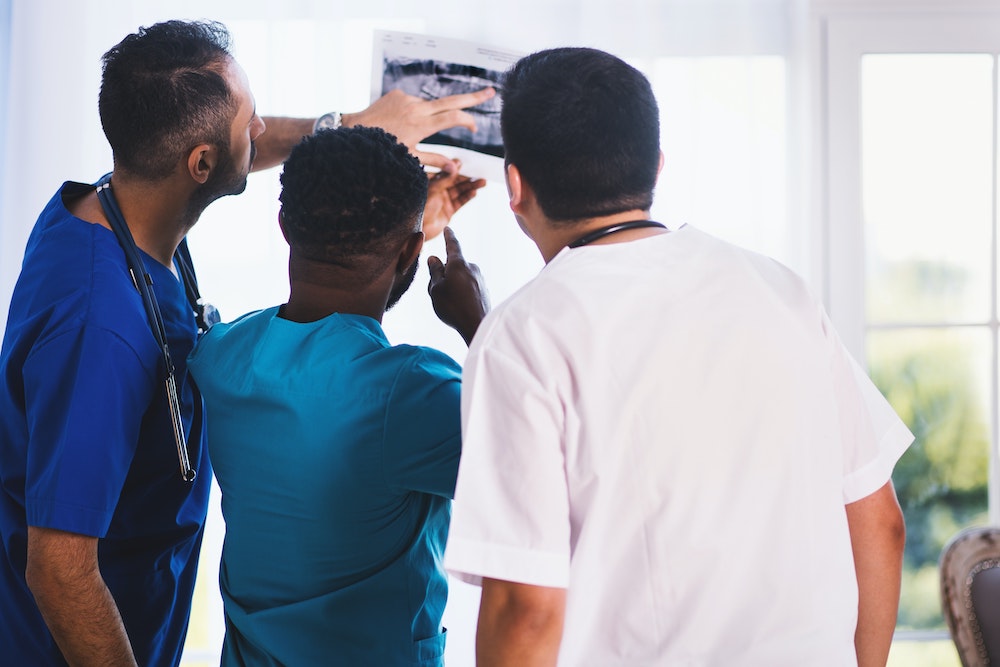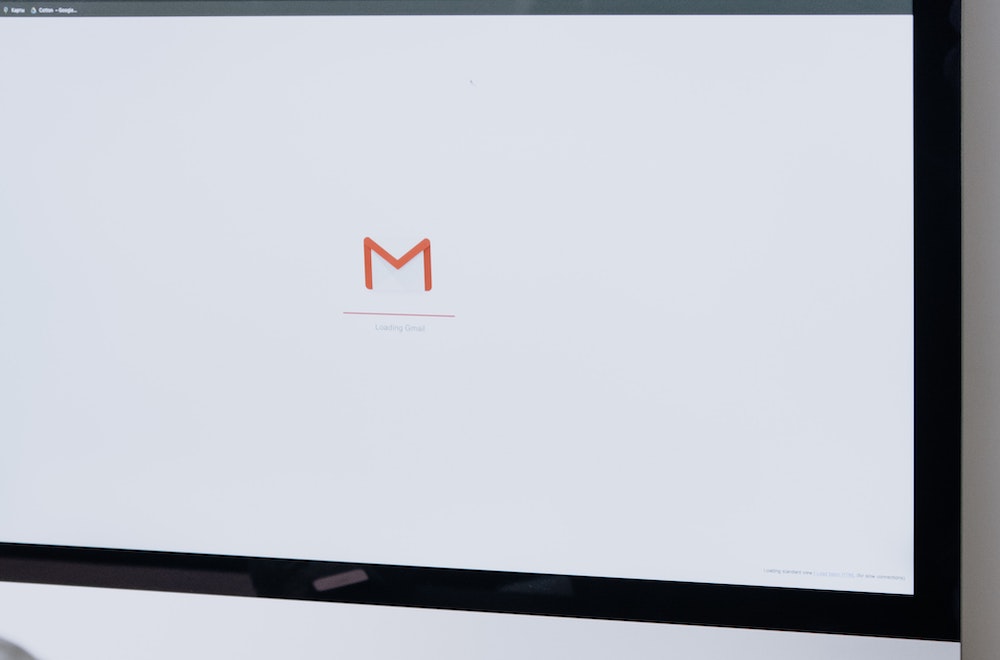Chat GPT for Doctors: Revolutionizing Healthcare Communication
Learn how Chat GPT for doctors can revolutionize healthcare communication by improving efficiency and accuracy of patient-provider interaction.
In recent years, there has been a growing interest in the potential of artificial intelligence (AI) to transform healthcare. One area that has received particular attention is communication between patients and healthcare providers. The emergence of chatbots powered by AI has provided a new tool for improving the efficiency and effectiveness of healthcare communication. One of the most promising applications of AI-powered chatbots is Chat GPT for doctors.
What is Chat GPT?
Chat GPT (Generative Pre-trained Transformer) is an AI language model developed by OpenAI. It is based on the Transformer architecture, which is a deep learning model that uses self-attention mechanisms to process input data. The model is pre-trained on a large corpus of text data, which enables it to generate high-quality natural language text.
Chat GPT is capable of generating text that is coherent, grammatical, and contextually appropriate. This makes it an ideal tool for conversational applications such as chatbots. Chatbots powered by Chat GPT can understand natural language inputs from users and generate appropriate responses.
How Chat GPT for Doctors is Revolutionizing Healthcare Communication
Healthcare communication is a complex process that involves a wide range of stakeholders, including patients, doctors, nurses, and other healthcare professionals. Effective communication is essential for providing high-quality care and improving patient outcomes. However, healthcare communication can be challenging due to a variety of factors, including language barriers, time constraints, and the complexity of medical terminology.
Chat GPT for doctors has the potential to revolutionize healthcare communication by addressing many of these challenges. Here are some of the key benefits of using Chat GPT for healthcare communication:
Improved Patient Experience
One of the most significant benefits of using Chat GPT for healthcare communication is that it can improve the patient experience. Patients often have questions or concerns about their health, but they may be hesitant to ask their doctor or nurse. Chatbots powered by Chat GPT can provide patients with a safe and confidential way to ask questions and receive information about their health.
Chatbots can also provide patients with personalized information based on their medical history and symptoms. This can help patients feel more engaged in their care and improve their overall experience.
Enhanced Efficiency
Another key benefit of using Chat GPT for healthcare communication is that it can enhance efficiency. Healthcare providers are often busy and may not have the time to answer every patient question or concern. Chatbots powered by Chat GPT can handle many routine tasks, such as scheduling appointments or refilling prescriptions, freeing up healthcare providers to focus on more complex tasks.
Chatbots can also reduce wait times for patients by providing them with immediate access to information and assistance. This can help healthcare providers manage their workload more effectively and improve the overall efficiency of healthcare delivery.
Improved Accuracy
Medical terminology can be complex and difficult to understand for patients who are not healthcare professionals. Chatbots powered by Chat GPT can translate medical jargon into plain language that patients can understand. This can improve the accuracy of healthcare communication and reduce the risk of miscommunication or misunderstanding.
Chatbots can also provide patients with up-to-date information about their health condition or treatment. This can help patients make informed decisions about their care and improve the overall quality of healthcare delivery.
-

Healthcare communication is a complex process that involves a wide range of stakeholders, including patients, doctors, nurses, and other healthcare professionals. Effective communication is essential for providing high-quality care and improving patient outcomes.
Cost-Effective
Chatbots powered by Chat GPT can also be cost-effective for healthcare providers. They can handle many routine tasks, such as appointment scheduling and prescription refills, which can reduce the workload of healthcare providers. This can help healthcare providers manage their workload more effectively and reduce the need for additional staff.
Chatbots can also be available 24/7, which can reduce the need for after-hours staffing. This can help healthcare providers save money on labor costs and improve the overall cost-effectiveness of healthcare delivery.
How Chat GPT for Doctors Works
Chat GPT for doctors works by providing a conversational interface that allows doctors to interact with patients in a natural and intuitive way. Patients can ask questions or provide information about their symptoms or medical history, and Chat GPT can provide appropriate responses.
Chat GPT can also be used to provide patients with personalized information about their health condition or treatment. For example, it can provide patients with reminders about medication schedules or offer advice on lifestyle changes that can improve their health.
Chat GPT can also be used to help doctors manage their workload more effectively. It can handle routine tasks, such as scheduling appointments or refilling prescriptions, which can free up doctors to focus on more complex tasks.
Chat GPT for doctors can also be integrated with electronic health record (EHR) systems, which can provide doctors with access to patient information in real-time. This can help doctors make more informed decisions about patient care and improve the overall quality of healthcare delivery.
Case Study: Babylon Health
Babylon Health is a UK-based healthcare provider that has developed an AI-powered chatbot for healthcare communication. The chatbot, which is powered by Chat GPT, is designed to provide patients with personalized healthcare advice and support.
Babylon Health’s chatbot uses natural language processing to understand patient questions and provide appropriate responses. It can also provide patients with personalized health advice based on their medical history and symptoms.
Babylon Health’s chatbot has been successful in improving the efficiency and effectiveness of healthcare communication. It has reduced the workload of healthcare providers by handling routine tasks, such as appointment scheduling and prescription refills. It has also improved patient satisfaction by providing patients with a more personalized and engaging healthcare experience.
Chat GPT for doctors has the potential to revolutionize healthcare communication by improving the efficiency, effectiveness, and accuracy of communication between patients and healthcare providers. Chatbots powered by Chat GPT can provide patients with a safe and confidential way to ask questions and receive information about their health. They can also handle routine tasks, such as appointment scheduling and prescription refills, which can free up healthcare providers to focus on more complex tasks.
Chatbots powered by Chat GPT can also translate medical jargon into plain language that patients can understand. This can reduce the risk of miscommunication or misunderstanding and improve the accuracy of healthcare communication.
Overall, Chat GPT for doctors has the potential to improve the quality of healthcare delivery and enhance the patient experience. As AI technology continues to advance, we can expect to see even more innovative applications of Chat GPT and other AI-powered chatbots in the healthcare industry.
- Chat GPT for Flights: Revolutionizing Air Travel with AI - July 25, 2023
- Best Tattoo Artists in Fort Worth: Discover Fort Worth’s Finest - June 28, 2023
- Chat GPT for Mac: Unlocking New Conversations with AI - June 19, 2023


